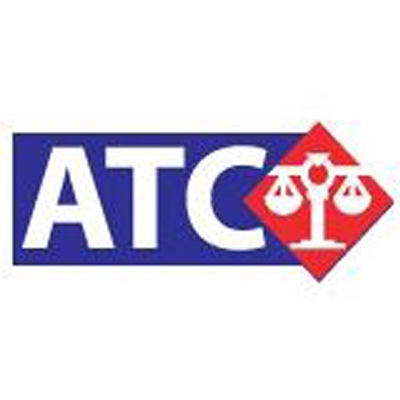
Advance Tertiary College, or ATC as we like to call it, was formed in 1987 to provide local educational opportunities for school-leavers and working adults. The emphasis at that time was to provide Malaysian students with access to professional and tertiary education.
In the last two decades, ATC has become the largest independent Private Law School in this region with two campuses in Malaysia, one in Singapore and one joint venture partnership in Hong Kong. Its Business School has also grown to offer a variety of Certificate, Diploma and Degree programmes that are contemporary and market-driven.
ATC’s growth in the last two decades, particularly on the internal and external programmes, can be credited to its strong commitment to excellence and academia. This is created in a manner that allows the adoption of teaching-learning methodologies and the provision of research facilities that are student-centric and geared towards enhancing and improving academic performance.
Credit for ATC’s successes lies primarily in the mindset of our people who make up this remarkable institution. It is their unfailing dedication and philosophy of continuous improvement that not only ensures our excellent reputation, both locally and internationally, but also provides a strong platform of employability for the ATC graduate.
What is the Certificate in Legal Practice?
The Certificate in Legal Practice (CLP) is the qualifying examination for admission to the Malaysian Bar. It is aimed at providing the law graduate with the opportunity to learn the practical skills required to become an Advocate and Solicitor of the High Court of Malaya.
The CLP Programme
The student is required to undertake 5 compulsory papers and will be examined on these papers. The subjects required to be done by the student are:
General Paper
This comprises the study of Malaysian Tort and Contract Law. The student will be required to answer examination questions in both these areas and to demonstrate an understanding of the legal principles and case law. In addition, students are often required to draft Statements of Claim as part of their assessment in the examinations.
Evidence
This subject requires students to understand the different rules governing admissibility of evidence in Malaysia and students are required to demonstrate strong analytical skills by the application of the legal principles to a variety of factual scenarios.
Civil Procedure
Based primarily on the Rules of the High Court and related statute, the student must demonstrate a familiarity with the application of specific rules governing different parts of Civil Procedure.
Criminal Procedure
Based on the Criminal Procedure Code & other statute, the focus here is the development of a student’s knowledge of the different procedural rules in criminal matters. A firm grasp of the legal principles of Criminal Law and a variety of related legislation is imperative to succeed in this paper.
This paper is divided into several areas with the common focus being on the professional conduct of Advocates and Solicitors including the rules governing this conduct. This provides a strong platform for potential lawyers to understand Professional Ethics in the context of Malaysian legal practice. The other parts include the application of the principles of land law, bankruptcy as well as probate which form a fundamental part of the examinations.
The student is required to pass all the papers in one sitting and may not accumulate the results. Examinations are conducted twice a year:
Our Objective
Very simply, to shift you from the academic standpoint, which was essential in order to acquire a law degree, to a practical and applicative focus which is the essence of the CLP.
In order to ensure that ATC’s students are provided with the strongest advantage, ATC works closely with reputable law firms as well as the corporate sector to provide job placement opportunities for its students. This ensures that an ATC graduate is not only job-ready but job-secure by the time they complete their CLP.
Source : ATC College